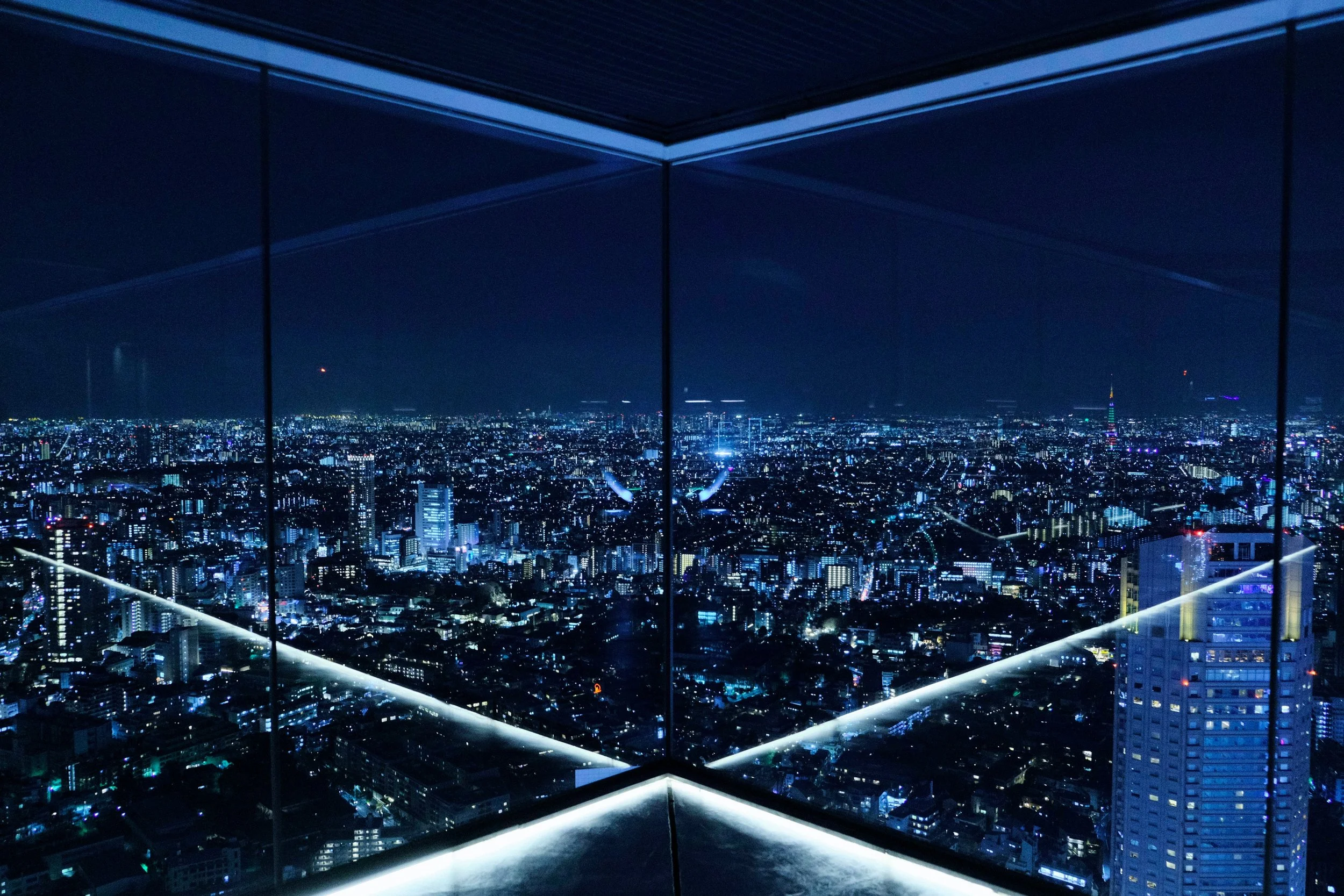The Future of Leadership Is Accessible, Not Traditional
One of the quiet ironies of modern life is that many essential services operate during the very hours people are working. A nine to five employee often faces a tough choice: work or get things done, but not both. That is not just inconvenient, it is a failure of service design.
True leaders, whether in business or public service, flip the script. They do not say they serve people; they show it by designing systems, schedules, and services that meet their audience where they actually live their lives.
Businesses That Break the Mold
Hair Salons on Sundays: Many salons shut down on Sundays, but those that stay open tap into the rare day many working people actually have free time. It creates loyalty, trust, and buzz.
TD Bank’s Extended Hours: TD Bank stands out by staying open late on weekdays and even offering Sunday service. That says: your time matters more than our tradition.
Amazon One Medical: With 24/7 virtual care and same-day in-clinic appointments, plus evening and weekend openings, One Medical understands health cannot wait for nine to five hours.
24 Hour Braiding Salons: In Bowie, Maryland, Nadine’s Braiding Shop operates 24/7 with dozens of chairs and over 150 walk-in clients at once. It went viral for good reason as an unprecedented level of access (Black Enterprise, 2023; Yelp, 2024).
Urgent Care and Patient-Centered Healthcare: Clinics that stay open late or offer weekend appointments are meeting patients where they are, especially parents and working professionals who cannot take time off midday.
24/7 Gyms and Pharmacies: Fitness and health do not clock out at 5 p.m. Gyms and pharmacies that stay open late or around the clock adjust to real human schedules.
24 Hour Home Maintenance: Emergencies like burst pipes, broken locks, or power failures do not wait for business hours. Yet many contractors refuse weekend or late-night calls. Home repair services and independent professionals who make themselves available around the clock are living proof of leadership through service. They fill an urgent need when others say, “we are closed.”
7 Eleven: The world’s largest convenience store chain operates 24/7, 365 days a year. It was one of the first retailers to pioneer round-the-clock service in the 1960s and now has over 85,000 stores worldwide (Wikipedia, 2024; Wired, 1999; Business Insider, 2024).
This Is Not About Burnout
Convenience for the customer does not mean exploitation of the workforce. This model is not about pushing staff to unhealthy limits or glorifying burnout. Instead, it comes down to intentional choices in leadership and scheduling:
Sacrifices in the Early Stages: When you are a new business owner, there may be seasons where you personally take on extra hours to build loyalty and attract customers. That is a short-term sacrifice that can pay long-term dividends.
Alternate Schedules: Businesses can shift their hours by starting later in the day and staying open later at night. This maintains balance for staff while creating accessibility for customers who cannot make it during traditional hours.
Workforce Capacity: Larger organizations with strong teams can rotate schedules or stagger shifts so coverage is extended without overworking any single employee. It is about designing systems that honor both the customer and the employee.
The lesson here is that convenience should be built thoughtfully. Businesses that succeed in this space are not those that burn out their people, but those that innovate around scheduling, staffing, and leadership decisions.
Sectors That Set the Standard for Convenience
Banks and Financial Services: TD Bank’s weekend hours, extended evening access, and FinTech apps like Venmo, Cash App, and Robinhood offering 24/7 transactions.
Healthcare: Amazon One Medical’s 24 hour support, urgent care centers with weekend or evening hours, and pharmacies like CVS or Walgreens that stay open late or around the clock.
Hair and Personal Care: Sunday salons and Nadine’s 24 hour braiding shop in Maryland (Black Enterprise, 2023).
Grocery and Food: 24 hour supermarkets, Amazon Fresh delivery, and food delivery platforms like Uber Eats, DoorDash, and Grubhub (Business Insider, 2024).
Transportation: Ride sharing services like Uber and Lyft that provide on demand access anytime.
Childcare and Family Support: Daycares and after-school programs with extended evening hours for working parents.
Education: Universities and training programs offering evening, weekend, and online classes to fit the schedules of working professionals.
Fitness and Wellness: 24 hour gyms, yoga studios, and boutique fitness centers offering early morning or late night classes.
Retail and E Commerce: Retailers with extended evening or weekend hours, plus the 24/7 accessibility of online shopping.
Postal and Shipping: Amazon lockers, FedEx, and UPS stores that allow package pickup or delivery outside traditional hours (Amazon, 2023).
Convenience Stores: 7 Eleven and similar stores that pioneered around-the-clock access to food, beverages, and everyday essentials (Wikipedia, 2024).
Home Maintenance: Plumbers, locksmiths, electricians, and contractors who offer 24/7 service. Emergencies do not wait until Monday morning, and those professionals who show up when others will not often earn lifelong customer trust.
The Leadership Principle
These examples show that real service aligns with people’s rhythms, not the organization’s comfort zone.
Too many organizations stick with “this is how we have always done it.” Leaders who truly serve ask: what do our people actually need, and how can we meet them there, regardless of traditional hours?
The Takeaway for Leaders
Ask yourself:
Are your systems built around your own comfort or your stakeholders’ convenience?
Do you show up when it is easy or when it matters most?
Do you go beyond words and live your values through your operations?
Leaders who lead by convenience do not just talk service, they embed it in everything they do.
